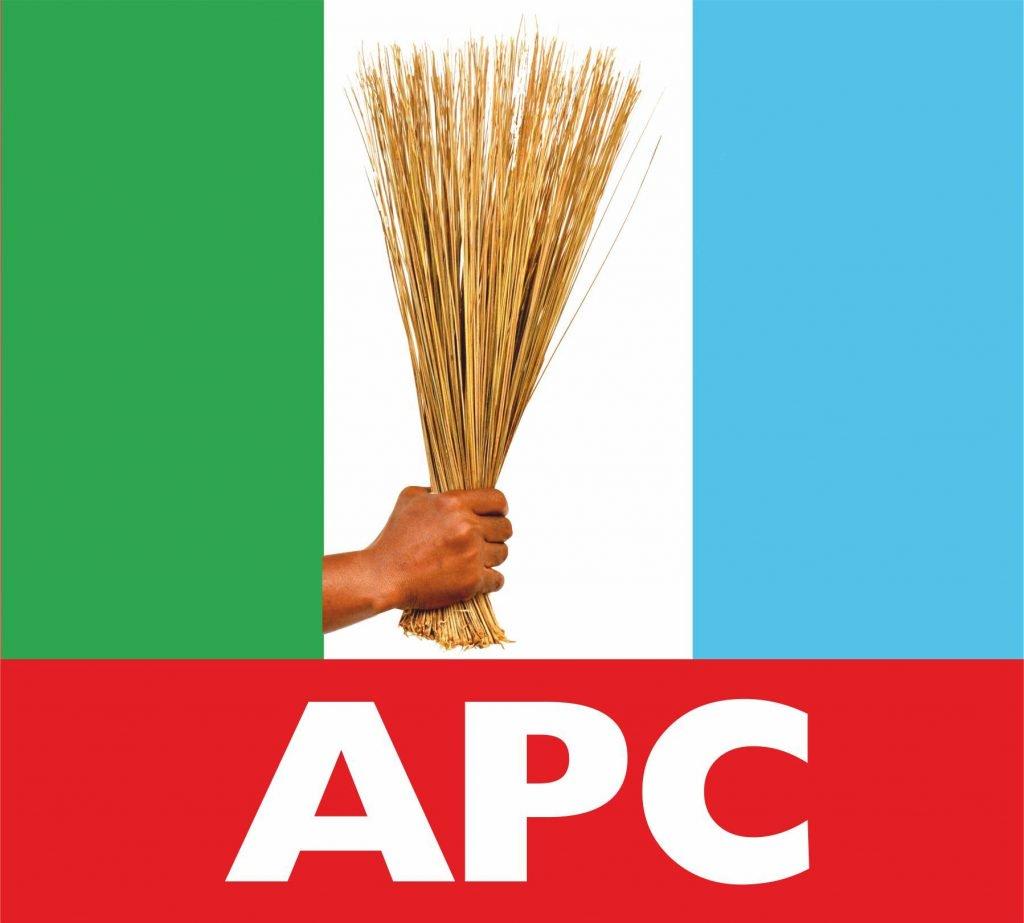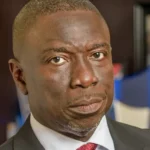Even before Nnamdi Kanu, leader of the proscribed Indigenous People’s of Biafra (IPOB), made a dash for Nairobi in pursuit of a bait that had him as the guest of Nigeria’s spy police, President Muhammadu Buhari’s government had been a pariah in the South East. This image crisis was on full blast ahead of the 2015 elections, even when he rocked Isiagwu top and red cap to campaign in the Igbo-speaking areas, and earlier, especially around the 2011 elections, when his wisecrack in Hausa was famously misinterpreted as a call to electoral violence.
But the President doesn’t seem to give a damn about such wild perception of his persona and leadership, and this isn’t peculiar to any group or region. Either in watching so-called bandits overrun northern states, where he was once seen as the light of anti-rich revolution or dispelling reports that he champions “Fulanization” agenda, which is a dangerously sensationalized accusation, Buhari’s disinterest in his accountability to the governed and necessary optics has always been certain and condescending.
- PODCAST: A Deeper Look At How Some Nigerian Elites ‘Siphon’, Hide Loots
- Igboho’s supporters protest in Ibadan, demand his release
Buhari’s current relationship with the South East, and the media representation of it, was defined in the crossfire of polarizing politics enabled by challenging then-President Goodluck Jonathan in 2015. The latter was marketed as a candidate of the Igbo and, amidst the opportunism, he even adopted and emphasized an Igbo middle name—Azikwe—to exaggerate his ethnic ties to the South East. What was lost in the political mudslingings that ensued was the reality of Buhari’s choice of Igbo running mate, twice–when he first emerged in 2003 and four years later, in 2007.
The two electoral experiments were, until the Atiku/Obi ticket of 2019, the closest the Igbo had been to Aso Rock since the return to democracy—or since Alex Ekwueme’s stint as Vice President between 1979 and 1983. So, it must’ve shocked Buhari himself that his alliances with south-eastern political heavyweights, Dr. Chuba Okadigbo, former President of the Senate and Chief Edwin Ume-Ezeoke, former Speaker of the House of Representatives in the Second Republic, failed to arouse interest from the South East. His supporters were predominantly northern and were the reason he polled 32% of the total votes in his first outing and 31% in the second. For his third contest, he switched to partnering with the South West and that proved to be his most realistic experiment as it earned him the presidency in 2015, at his fourth shot.
The ruling All Progressives Congress (APC) inherited Buhari’s image problem in the South East, which has been growing worse since he appeared at the United States Institute of Peace in 2015 and explained why the constituencies that gave him 97% of their votes couldn’t be “treated on some issues with constituencies that gave me 5%”. It alarmed the South East and was variously cited to justify why they had opposed him and would continue to do so. In reality, though, the South East has benefitted more than the North, Buhari’s stronghold, in infrastructure development, among which is the much-politicized Second Niger Bridge. The North, on the other hand, has been a hub of white elephants, from the Mambilla hydropower plant to Baro Port. Even the security compromise in the North tells how much Buhari has “prioritized” the region.
Ever since the election, the APC has functioned as a conspiracy of the North and the South West against their Igbo counterparts. Aside from the two parties that formed the APC being from the two regions, as are the president and the vice president, this politicized existence of the much-maligned Fulani herders, who’ve been fiercely pathologized in the South, drives the narrative of the party as “Hausa-Fulani” controlled, and unsympathetic to the South East. This has legitimized the notoriety of IPOB, and even the sub-region’s political elite is afraid of calling out the group in the media.
As the major national opposition party, the People’s Democratic Party (PDP) also thrived on these portrayals of the ruling party as a murderous shield of the Fulani herders and sectional, which is the obsession of Kanu-led Biafra advocates. When, for instance, the late Dr. Mailafia Obadiah was invited to respond to questions after revealing that some northern establishment was plotting to launch a jihad, the PDP were quick to defend him, and thus promoted the crude and bigoted regionalization of a clear-cut national problem.
Similarly, the judicial magic that produced Hope Uzodinma of the APC as Imo state Governor escalated the damning characterization of the ruling party as a self-serving villain, even though the same judicial technicalities favoured the PDP in Zamfara and Bayelsa states under the same Buhari. Not even the high-powered defection of the PDP stalwarts like Governor David Umahi of Ebonyi state to the APC has been able to redeem the ruling party’s place in the area. The Deputy Governor of Anambra State, Nkem Okeke, who defected to the APC ahead of the last governorship election in the state also failed to read the room—that this anti-APC sentiment is beyond mere political differences.
Anambra’s governorship election is a referendum on the APC in the region. With the All Progressives Grand Alliance (APGA) candidate, Professor Charles Soludo, polling 46.46% of the votes cast to emerge winner and PDP’s Valentine Ozigbo 22.28%, Andy Uba of the APC lags with 17.92% of the votes. It was a loud rejection of the ruling party, and a challenge to revisit its engagements with the people and operations in the region. The APC is paying for the indecisions of the government it controls at the centre, and this representation comes at a price the party may not be prepared to pay in 2023.

 Join Daily Trust WhatsApp Community For Quick Access To News and Happenings Around You.
Join Daily Trust WhatsApp Community For Quick Access To News and Happenings Around You.


